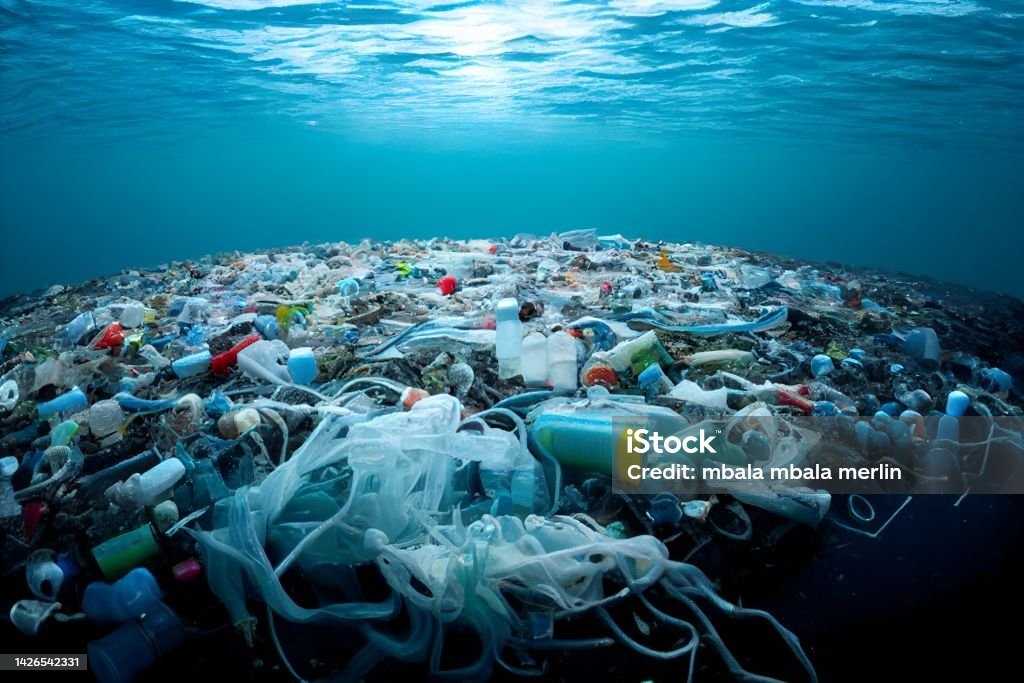Recycle Campaign - Starting March 5, 2025
Starting Wednesday, March 5, ELAOC and its campuses will launch its inspiring "Recycling Campaign." Look for the Blue Recycle Bins on your campus and join us in making a positive impact by disposing of only plastic bottles and aluminum cans!
Our Recycle Campaign
Today we're talking about recycling. Recycling is very important for our planet. We will learn about two things: plastic bottles and aluminum cans. These are things we use everyday. We need to recycle them to keep our planet clean and healthy.
Imagine our oceans filled with plastic, and our landfills overflowing with waste. That's the reality if we don't take action. Plastic bottles and aluminum cans, when not recycled, contribute significantly to pollution and resource depletion. Recycling is a simple yet powerful way to make a positive impact. While making a positive impact, we will also be raising money to install automatic water dispensers at our school campuses.
How will we raise the money, you ask?
Today By taking the plastic bottles and aluminum cans to a recycling center, we will get paid, and the money will be saved. This will take some time, but we need EVERYONE'S help to make this happen! Once the water dispensers become a reality at all of our campuses, we will decrease the number of plastic bottles used by our students, staff, administrators, etc. at our school. Stay tuned for updates and news! Thanks for visiting today!
Here are some images that show the plastic/waste pollution problem in our world today.
A man stands amid plastic waste on a beach in Mumbai, India, on June 30, 2019. The trash was pushed onto Juhu Beach by a recent storm.
Why is recycling important?
Recycling plastic bottles and aluminum cans is crucial for several interconnected reasons, primarily revolving around environmental protection and resource conservation. Here's a breakdown of the key factors:
Environmental Benefits
Reduced Landfill Waste:
· Landfills are filling up rapidly, and plastic and aluminum take a very long time to decompose. Recycling diverts these materials, extending landfill lifespan and reducing the need for new landfills.
Pollution Reduction:
· Manufacturing new plastic and aluminum products generates significant pollution, including air and water pollution. Recycling reduces the need for this manufacturing, thus lessening pollution.
· Plastic waste, especially, contributes to ocean pollution, harming marine life. Recycling prevents these plastics from entering our waterways.
Conservation of Natural Resources:
· Producing aluminum from raw materials requires significant energy and depletes natural resources. Recycling aluminum significantly reduces this energy consumption and preserves these resources.
· Similarly, recycling plastic reduces the need to extract and process fossil fuels, which are the raw materials for most plastics.
Energy Savings:
· Recycling aluminum, in particular, requires far less energy than producing it from raw materials. This energy savings translates to a reduction in greenhouse gas emissions.
Economic and Social Benefits
Economic Growth:
· The recycling industry creates jobs and stimulates economic activity.
Resource Efficiency:
· Recycling allows us to reuse valuable materials, making our economy more efficient.
Community Health:
· Reducing pollution and waste contributes to a healthier environment for everyone. In essence, recycling plastic bottles and aluminum cans is a simple yet powerful way to minimize our environmental footprint, conserve resources, and create a more sustainable future.












